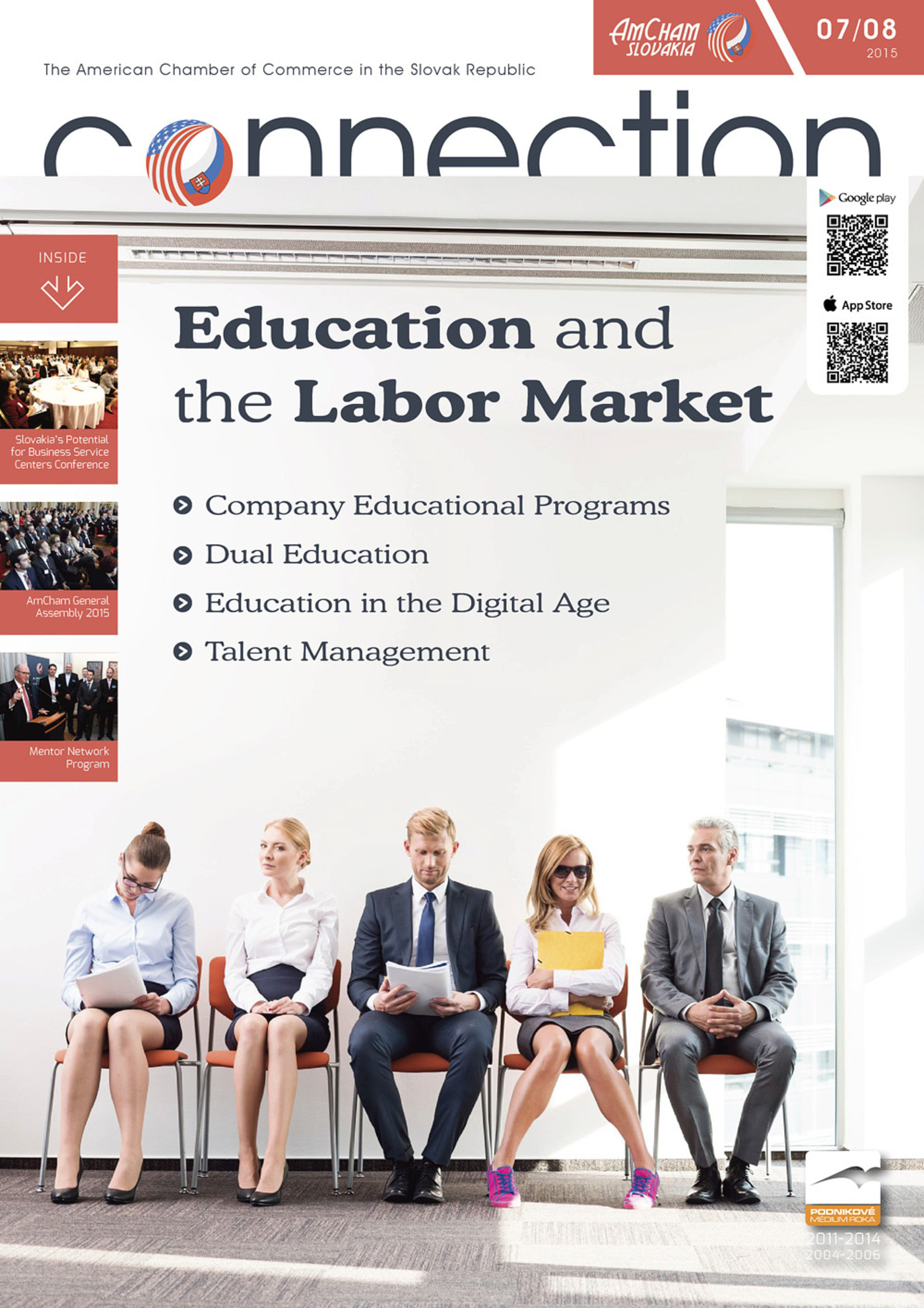The survey was conducted among over 300 business students from leading universities and business schools in 27 different countries. Its findings demonstrate that today’s business students are coming into the workforce with a global mind set. This generation understands that the global economic outlook remains challenging and is looking globally for the right career opportunities to match their ambition and abilities.
Offer multiple career choice
These graduates will not be happy being tied to one role or one country for their entire career, and many could go on to have two or three different careers. Only 23% of students thought it was “somewhat likely” or “very likely” that they would work for the same company for their entire career, with 27% thinking it was “not likely at all”.
The outcome for today’s HR leaders is clear. Competition for top talent is intensifying across all sectors; it has never been more important for employers to understand what graduates are looking for. While students may have a clear idea of the profession they want to work in, they are also prepared to be very analytical in choosing the right organization for them and will not be afraid to move firms or even geography to find the right opportunity. Any organization that can genuinely offer multiple careers in many different countries has an opportunity to differentiate itself.
International experience provides people with a different perspective on key issues faced by clients. Global mobility within the workforce will allow them to quickly and easily deploy talent – so you have the right people in the right place, working on the right client at the right time. Moreover, supporting employees’ personal desire to work abroad is another way that firms support their career development process.
Generally we can say there are two types of employee mobility. The first is the one driven by a personal desire to relocate and work abroad. In this case people will independently seek a permanent international career opportunity in a company branch in other country. Secondly, the firm can offer short- and long-term international assignments aimed at meeting the strategic needs of clients and developmental objectives of their people.
CSR activities count a lot
The KICC survey also sought to understand the expectations and drivers of tomorrow’s business leaders. The vast majority, 89% of students, said it is important that the work they do in the future drives positive and sustainable change in society. A further sign that today’s top talent is taking a much broader view when deciding which organization to work for.
Many corporates as well as SMEs are fully aware that a responsible approach to work, clients, employees and business in general is an absolute must when trying to build a brand and attract the best people on the market.
This trend is already visible in Slovakia. Today, young professionals at interviews often inquire about a company’s CSR activities and its contribution to the community. We also noted in employee surveys that current employees are focusing on CSR activities. It is clear that CSR is no longer just a nice-to-have activity for a few enthusiasts, but rather a powerful HR tool.
Engagement with non-governmental organizations, companies, governments and local groups to address some of the most important and pressing issues facing their communities provides both personal and business development. Our experience has shown it is important to encourage employees to participate in a company’s CSR projects. But they need to be given a choice – some may prefer volunteering through NGOs, others may choose skill-based volunteering programs to offer their experience, e.g. to schools.
By providing opportunities to our people to apply their skills, expertise and passion to areas outside their immediate day-to-day work, they grow as individuals, professionally and personally, which is paramount to achieving full potential. That is what today’s talents are looking for – rewards from their career that go beyond pay and benefits.
1 The KPMG International Case Competition (KICC) is the annual competition for university students around the world. 2015 final took place in Dubai, UAE. Run over the course of four days, teams of four students from 27 countries including Slovakia were competing in challenges to review and develop solutions to a number of business case studies.
Ľubica Remenárová, HR Manager, KPMG in Slovakia



Follow us